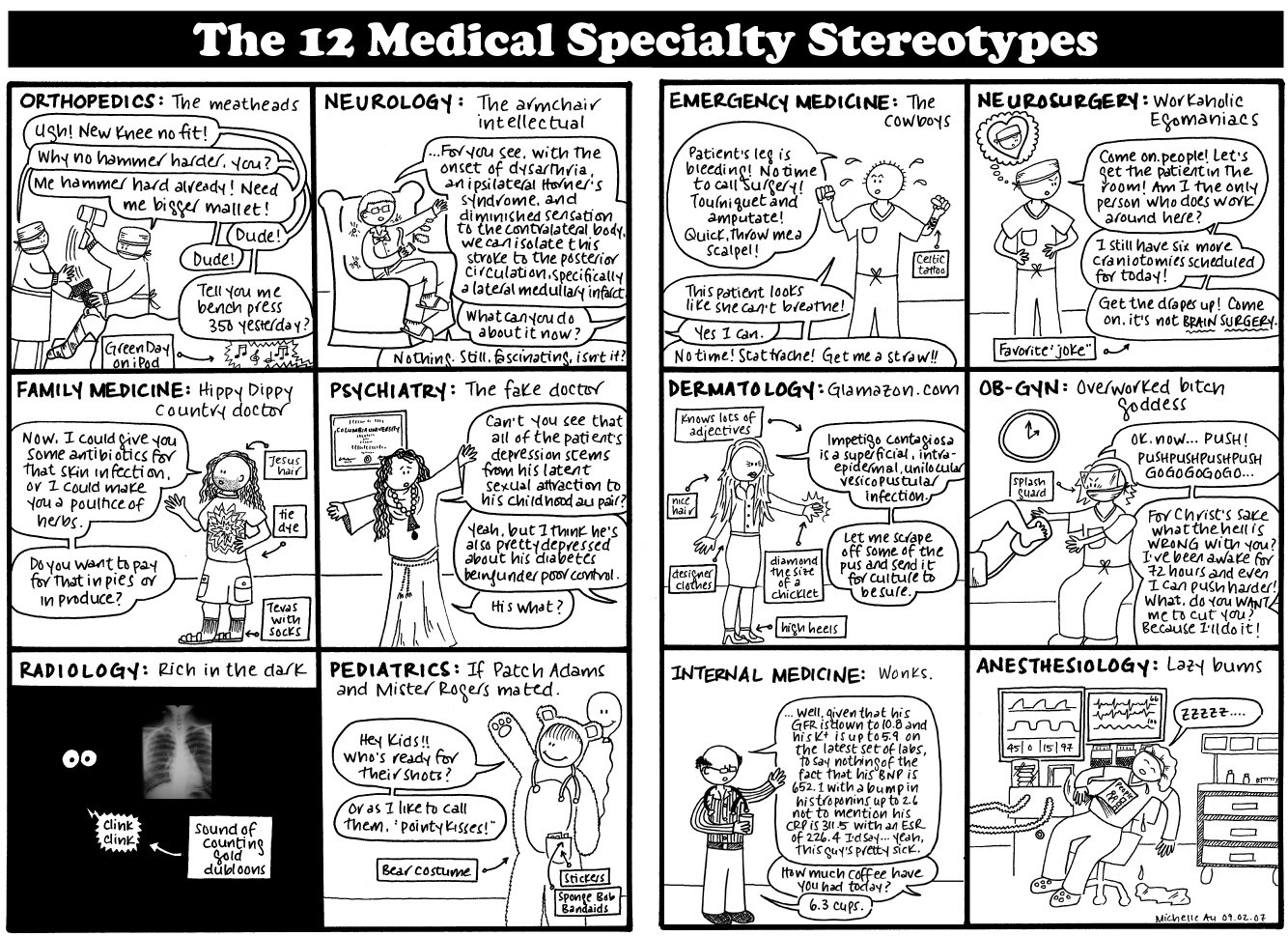- Joined
- Feb 9, 2013
- Messages
- 100
- Reaction score
- 1
Good luck to those applying and those accepted! Med school is quite a ride... you will both work harder than you have ever worked, and love what you are doing more than ever before.
I'm and MS4 with plenty of time on my hands and figured I'd share my persective on med school for anyone who has questions.
About me: I was a non-traditional applicant who completed a 2yr MS degree before matriculating to med school. This was a huge step for me and basically the only reason I got in to MD school because of the strides I made on my GPA and with research. I never bested 27 on the MCAT and had an undergrad GPA of 3.45.
Because of my time off I was more prepared for med school than most and was able to finish in the top 10% of my class (midwest top 40 NIH funded med school). I had plenty of research experience which was a huge boost for going after a competitive subspecialty. I'm going into orthopedic surgery and really looking forward to the March 15 match 👍 (excited but anxious I should say).
I've also interviewed ~50 med school applicants over the past 3 years at my school so feel free to ask about that.
I'll give you no BS
I'm and MS4 with plenty of time on my hands and figured I'd share my persective on med school for anyone who has questions.
About me: I was a non-traditional applicant who completed a 2yr MS degree before matriculating to med school. This was a huge step for me and basically the only reason I got in to MD school because of the strides I made on my GPA and with research. I never bested 27 on the MCAT and had an undergrad GPA of 3.45.
Because of my time off I was more prepared for med school than most and was able to finish in the top 10% of my class (midwest top 40 NIH funded med school). I had plenty of research experience which was a huge boost for going after a competitive subspecialty. I'm going into orthopedic surgery and really looking forward to the March 15 match 👍 (excited but anxious I should say).
I've also interviewed ~50 med school applicants over the past 3 years at my school so feel free to ask about that.
I'll give you no BS



